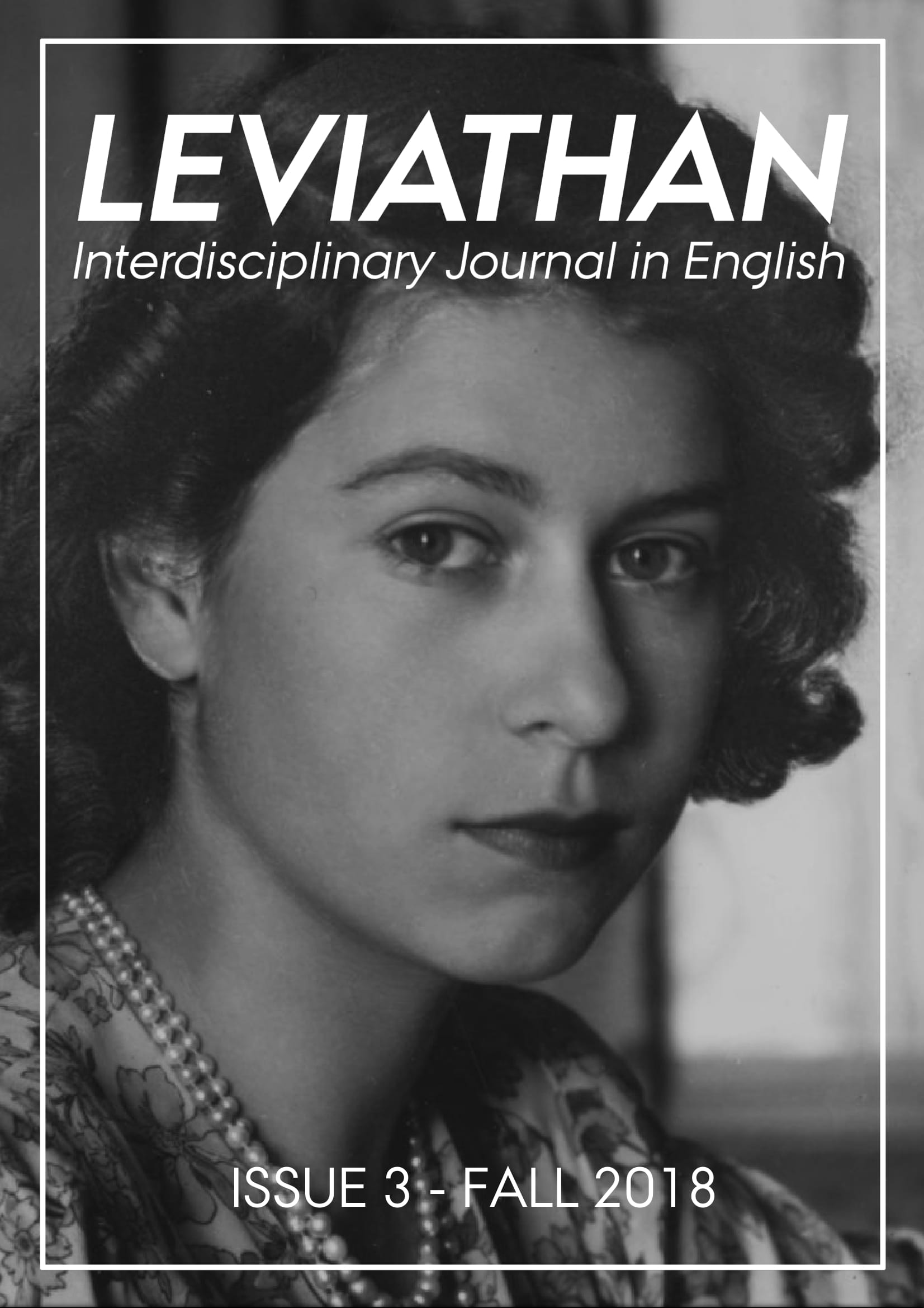How Wonderful is Wonderland?
Negative Emotions in Children’s Literature from an Evolutionary Perspective
DOI:
https://doi.org/10.7146/lev.v0i3.108013Keywords:
literary Darwinism, children's literature, storytelling, vicarious experience, negative emotionsAbstract
This MA thesis seeks to investigate negative emotions and their function in children’s literature from an evolutionary standpoint. Insights from evolutionary biology and evolutionary psychology are used to build an evolutionary framework that is then used in a literary analysis that shows how negative emotions are evoked in literature, and what adaptive purpose(s) they have. The main argument is that we feel strong emotions when engaging in story because storytelling has an adaptive function, and that this function is to provide us with low-risk, vicarious input that can be employed as a future guide for behaviour. This argument explains not only the human proclivity for producing and consuming art, but also why we generally feel pleasure and satisfaction when engaging in stories, no matter the form they take.
Downloads
Published
How to Cite
Issue
Section
License
Attribution-NonCommercial-NoDerivatives 4.0 International (CC BY-NC-ND 4.0)
You are free to share (copy and redistribute the material in any medium or format).
However:
You may not use the material for commercial purposes.
You must give appropriate credit, provide a link to the license, and indicate if changes were made. You may do so in any reasonable manner, but not in any way that suggests the licensor endorses you or your use.
If you remix, transform, or build upon the material, you may not distribute the modified material.
You may not apply legal terms or technological measures that legally restrict others from doing anything the license permits.





